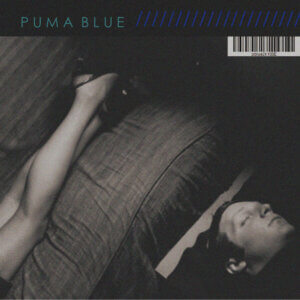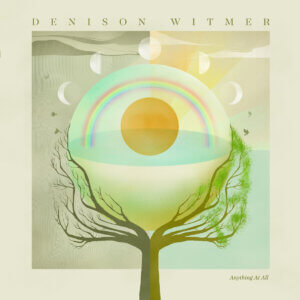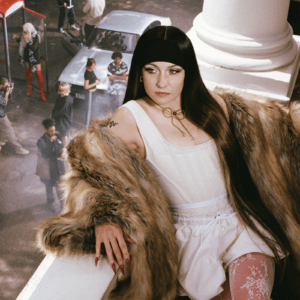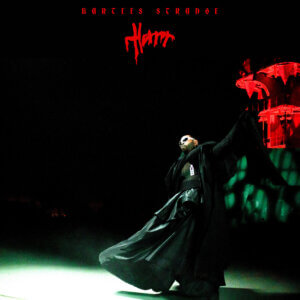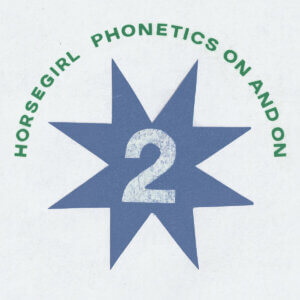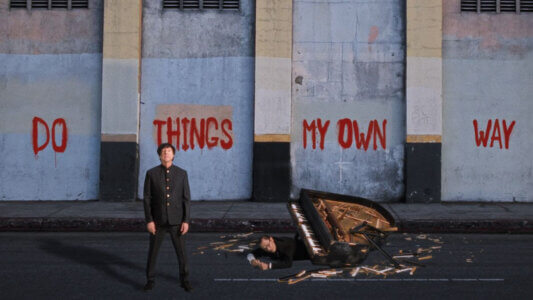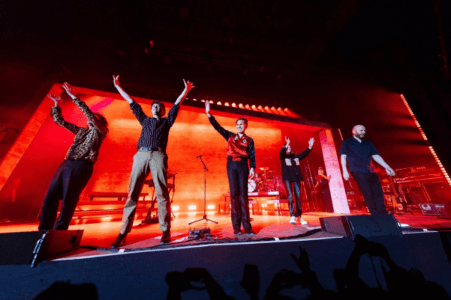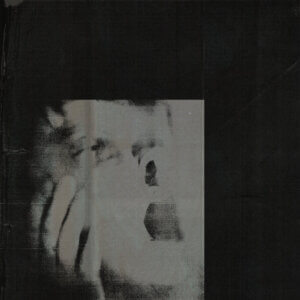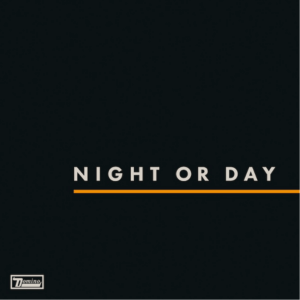Franz Ferdinand Play With Energy
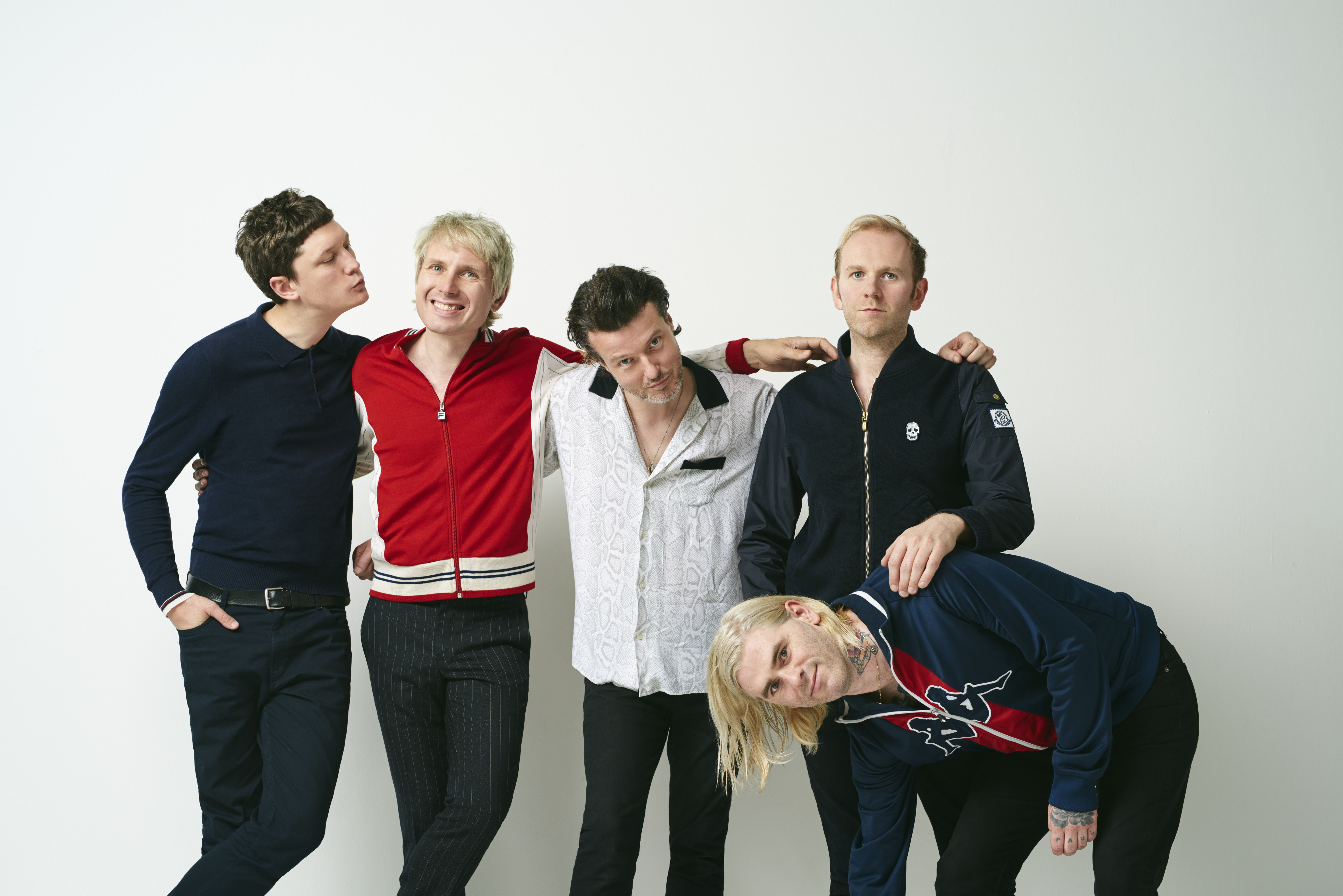
Though losing a member can spell disaster for most bands, it allowed Franz Ferdinand to try new things. After founding member Nick McCarthy amicably left the group to focus on his family, the band had to figure out what Franz Ferdinand was again and try and figure out the best way to restore their lineup. As they take a dance focus on their new record Always Ascending, the Scottish rockers have hit a stride once again. We caught up with Franz Ferdinand bassist Bob Hardy on their North American tour to talk about shifting gears and what makes their crowds so fun.
Northern Transmissions: I was interested to hear that now after you’ve settled from Nick’s departure you saw his leaving as a shot in the arm to take Franz Ferdinand seriously again?
Bob Hardy: We’ve tried to make an opportunity out of Nick’s departure, rather than a crisis. We quickly made a decision to keep going as a band, and then it freed us up in many ways. Everyone’s roles change a little without Nick there. The three of us started working more tightly too, so it brought us together.
NT: I understand you also saw your secluded house writing session as both a way to focus but also figure out how to be a band again?
BH: The dynamic had really changed within the group, and we really just needed some space and time. We slowly worked out a new writing process with us again but we didn’t know what would come of it. It took a month to get in the flow of it, and then when things started running we reached out to new members.
NT: And with Julian and Dino you guys took a much more dance-focused direction this time so how have they helped that?
BH: Because we’d taken a big chunk of time at the start, we’d had a bunch of time to play with Alex’s synth collection which we just hadn’t been able to do until then. Julian was very excited by that given his electronic background, and things just started moving quickly. Given those kinds of things were his speciality, he was able to do production and engineering super fast with us and became an integral part of what we were doing. This and his background were some of the main reasons we asked him to join the band, and all his melodies on his other albums were just so melodic for electronic music. We saw the change as a good opportunity to add a fifth member, at least for the live show because it would really free up Alex to be a frontman. We had seen a lot of that with the FFS project and him and Russell, so we wanted more of that!
NT: I hear you were also trying to replicate the feelings you’d all had trying out psychedelics?
BH: We just wanted to make something that felt fresh to us, and wasn’t really us repeating ourselves. We pushed certain elements further, making things groovier, even though I hate the word “groovy.” (laughs) We were trying to make something kind of hypnotic while also having this dance feel to it. Though there were elements of that on previous records, we wanted to make it different this time around.
NT: On this note how did Philippe Zdar come on as producer and how did he influence the sound for Always Ascending?
BH: Philippe was someone we’d approached on our fourth record but our schedules didn’t align. This time around he was the go-to choice, and we’ve been fans of his work. His background as a DJ and part of the French house world really intrigued us, and he was interested right away. A lot of things we were talking about doing were in tune with his vision. He was also into the idea of marrying the dance energy with a live band. He was a really colourful character in the studio and was a real force of nature.
NT: You also had a rule against over-thinking tracks, so how did that help you guide the recordings?
BH: Part of that is just when we work on a song, we put it to bed for a while to work on something else. We’ve wanted to do it more over the years so hopefully we achieved it this time. It was a rule we set in the studio, which Philippe was keen on, that when you listen to a record you want it to sound like exactly the amount of players in that room. You don’t want to play something that is just stacked guitars and synths or else it won’t translate well.
NT: Going into this latest record you had worked with Ron and Russell from Sparks on FFS, so how did you find that period affecting your new music?
BH: Making that FFS record was really enjoyable. We had a long writing period and then tons of rehearsal time so by the time we hit the studio it was done very quickly, maybe two weeks. That brought this energy to the recording process because we felt like this honed machine. This time around we wanted to do the same thing, so we spent a long time writing and rehearsing. We even recorded at RAK studios again, so by then we were actually tour-ready too. It’s like training as an athlete so when you have to perform you’re good to go.
NT: I also find it empowering to hear that you’re all still embracing your breakout hits like ‘Take Me Out’, where so many bands can get tired of these songs, why do you think you’re able to keep playing it while so many bands ditch their old songs?
BH: Generally it really just ends up coming from the audience energy you know? Especially playing a festival, not everyone there might know your new material but they’ll know that one. If you throw it in a few minutes in, you can feel the chills and you feed off that energy. We want it to be as high an energy experience for the audience as it is for us.
Words by Owen Maxwell
08/10 – Asbury Park, NJ @ Stone Pony
08/11 – Richmond, VA @ The National
08/13 – Knoxville, TN @ The Mill & Mine
08/14 – Nashville, TN @ Cannery Ballroom
Latest Reviews
Tracks
Advertisement
Looking for something new to listen to?
Sign up to our all-new newsletter for top-notch reviews, news, videos and playlists.
